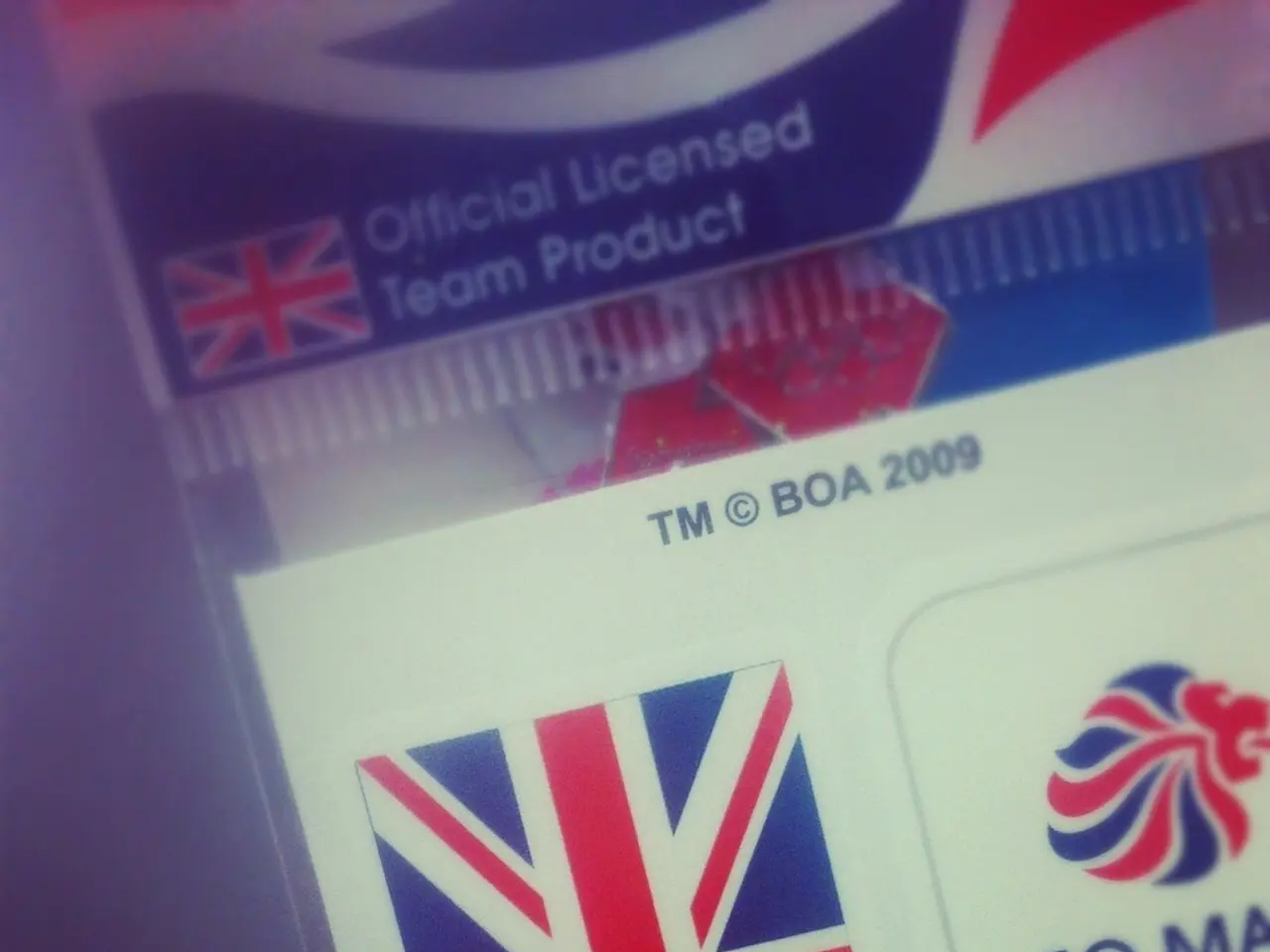The Card Type That Affects Your Credit Score Report
In the world of credit, various types of cards offer unique benefits and drawbacks. Each card has a distinct impact on your credit history, shaping your financial profile in different ways. Here's a breakdown of the most common types of credit cards and prepaid cards, along with best practices for building a strong credit history with each.
Secured Credit Cards
Secured credit cards report to credit bureaus like unsecured cards. They can help establish or rebuild credit if you have limited or poor credit. Best practices for using secured credit cards include using regular small purchases and paying off the balance fully and on time, keeping utilization low (below 30%).
Unsecured Credit Cards
Unsecured credit cards impact credit through payment history, utilization, length of credit history, and credit mix. To build a strong credit history with unsecured credit cards, maintain low balances, pay on time, avoid multiple applications in short periods, and keep cards open long term.
Student Credit Cards
Student credit cards help young applicants build initial credit history; they are reported to credit bureaus. Use student credit cards for small monthly expenses, pay full balances monthly, and avoid maxing out the credit limit.
Rewards Credit Cards
Rewards credit cards encourage use to build credit but risk higher balances. Use rewards credit cards strategically for rewards but pay full monthly balances to avoid interest and maintain a good payment history.
Business Credit Cards
Business credit cards may or may not affect personal credit depending on whether the issuer reports to consumer bureaus. Personal guarantee links the personal credit score to the business credit card. Pay on time, monitor whether the card impacts personal credit, avoid maxing out the credit, and maintain separate accounting for business expenses.
Retail Store Credit Cards
Retail store credit cards often have higher interest rates and can impact credit history like unsecured credit cards, potentially increasing the utilization ratio because of smaller limits. Use sparingly, pay balances promptly, and avoid holding many retail cards simultaneously to prevent a negative impact on credit utilization and payment history.
Charge Cards
Charge cards have no preset spending limit, and balances are usually paid in full monthly. They are reported to credit bureaus, and a positive payment history helps; no revolving balance impacts utilization differently. Always pay in full by the due date to avoid fees and build a strong payment history.
Subprime Credit Cards
Subprime credit cards are designed for those with bad credit; they help rebuild credit if reported. However, missing payments can significantly hurt credit history. Make all payments on time, keep utilization low within limits, and avoid applying for multiple cards at once.
Balance Transfer Credit Cards
Balance transfer credit cards can help reduce utilization if balances are transferred and paid down, potentially improving credit score. Use balance transfer credit cards to pay down existing debts; avoid accumulating new balances, and always pay on time to build credit.
Prepaid Cards
Prepaid cards do not affect credit history as they are not credit—they draw on preloaded funds and are not reported to credit bureaus. Use prepaid cards for budgeting or purchases, but do not expect them to build or improve credit.
Key Impact Factors Common to Most Credit Cards
- Payment History: On-time payments strongly boost credit history.
- Credit Utilization: Keep balances below 30% of your credit limits.
- Length of Credit History: Older accounts contribute positively.
- Credit Mix: Having a variety of credit types is beneficial.
- New Credit Applications: Hard inquiries from new card applications can slightly lower your credit temporarily but can improve credit in the long term if used responsibly.
Summary of Best Practices
- Always pay on time, preferably in full.
- Keep credit utilization low to optimize credit scoring.
- Avoid opening many cards or accounts in a short period to reduce multiple hard inquiries.
- Use cards regularly but responsibly to demonstrate credit management ability.
- Monitor whether business cards affect personal credit and manage accordingly.
- Understand that prepaid cards do not build credit history.
By following these tailored strategies for each card type, you can effectively build or improve your credit history over time. Having multiple credit cards with responsible use can help diversify your credit mix and increase available credit, lowering your utilization ratio. A good credit utilization ratio is below 30%. Subprime credit cards can be used to rebuild credit, but they come with high fees and interest rates, making them risky for long-term use.
Personal growth can be fostered through responsible management of various credit cards and prepaid cards. For instance, secured credit cards can aid in establishing or rebuilding limited credit by making regular small purchases, paying off balances on time, and keeping utilization low. In the realm of education and self-development, student credit cards offer young applicants an opportunity to build initial credit history when used wisely for small monthly expenses and paid off in full. Furthermore, understanding the importance of key impact factors common to most credit cards, such as payment history, credit utilization, length of credit history, credit mix, and new credit applications, is critical in building a strong personal finance profile and ultimately enhancing personal growth.




